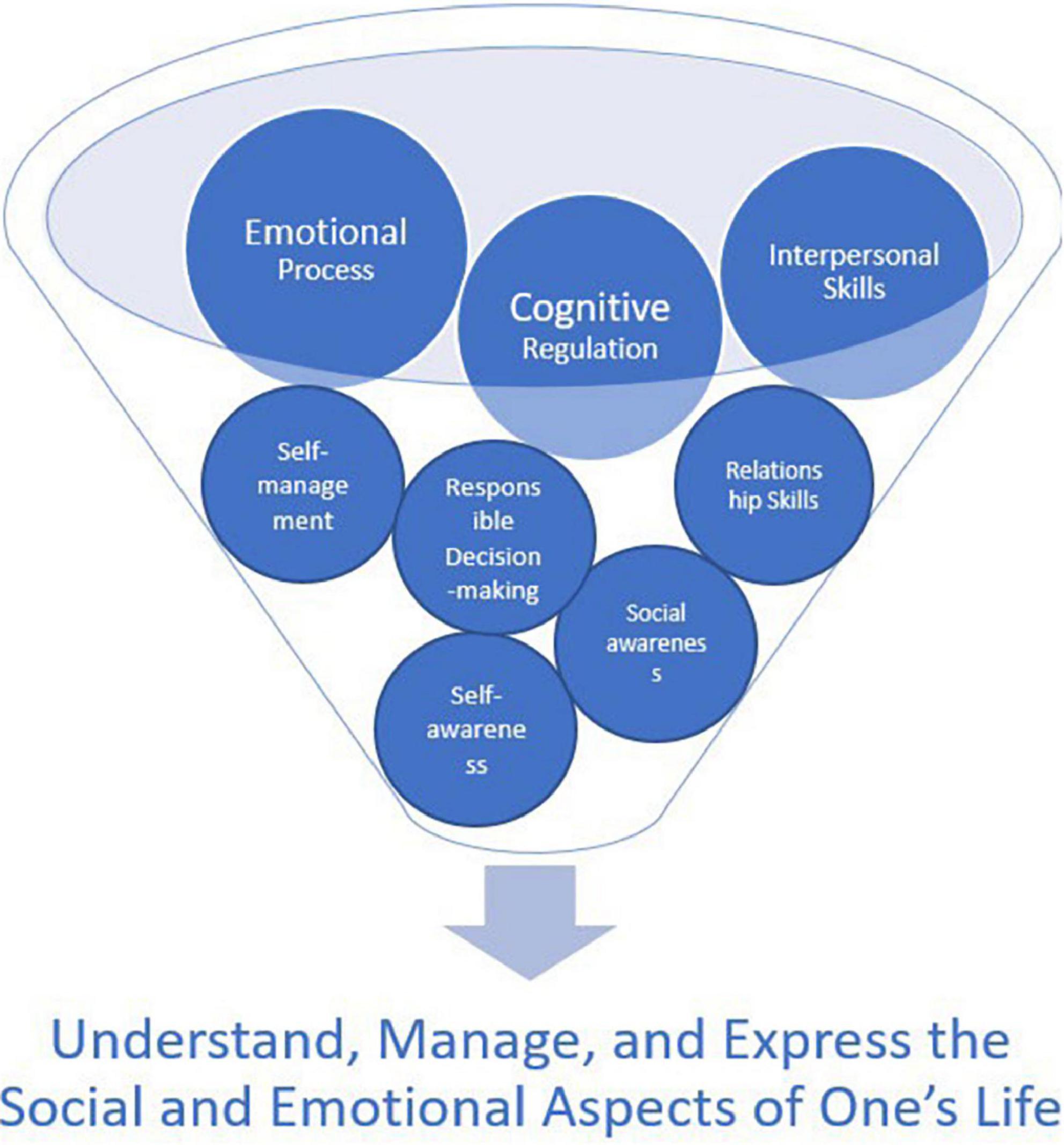Unlocking Success: The Key Role of Parental Involvement in Social-Emotional Learning
In our fast-paced and ever-changing world, children need more than just academic skills to thrive. social-emotional learning (SEL) helps children manage emotions, build healthy relationships, and make responsible choices. A powerful yet sometimes overlooked influence in a child’s SEL journey is parental involvement. By actively engaging in their children’s social and emotional development, parents can unlock a wealth of benefits that ripple from home to school and far into adulthood.
What is Social-Emotional learning?
Social-emotional learning refers to the process through which children—and adults—develop key emotional and social skills.According to CASEL (Collaborative for Academic, Social, and Emotional Learning), SEL encompasses five core competencies:
- Self-awareness: Understanding one’s emotions, strengths, and limitations
- Self-management: managing emotions, setting goals, and exercising self-discipline
- social awareness: Showing empathy and understanding perspectives of others
- Relationship skills: Building healthy interpersonal relationships and resolving conflicts
- Responsible decision-making: Making ethical, constructive choices
Building these skills is essential for academic success, positive behavior, and lifelong well-being.
Why Parental Involvement Matters in Social-Emotional Learning
While schools often provide dedicated SEL programs, the key role of parental involvement cannot be overstated. Children’s first exposure to managing emotions and relationships happens at home. Parents serve as primary role models, shaping their children’s social and emotional skills from the earliest years.
Here’s why parental involvement in SEL is so crucial:
- Consistency: Children need consistent messages and practices across school and home settings.
- Practice: SEL skills are best learned and reinforced in real-life situations with family members.
- Personalized Guidance: Parents can tailor SEL strategies to suit their child’s unique temperament and needs.
- Increased Academic Success: Research shows that SEL-enhanced students perform better academically,and parental support magnifies this affect.
Benefits of Parental Involvement in Social-Emotional Learning
The positive impacts of active parental involvement in SEL extend far beyond better grades. Here are some of the moast meaningful benefits:
- Improved Mental Health: Children with engaged parents experience lower levels of anxiety,depression,and behavioral issues.
- Resilience and Coping: Kids become more resilient, adaptable, and equipped to handle stress and setbacks.
- Strong Relationships: Family bonds strengthen, and children develop healthier peer relationships through strong foundational skills.
- Long-Term Success: Adults who grew up with strong SEL support from parents show better workplace performance and life satisfaction.
Practical Tips for Parents to Support Social-Emotional learning
Integrating SEL at home doesn’t require specialized knowledge—just a mindful approach and everyday actions. Here are some actionable social-emotional learning strategies for parents:
-
Open Communication:
Encourage open dialog about emotions and daily experiences. Ask your child how they felt about certain events and validate their feelings.
-
Model SEL Skills:
Demonstrate empathy, self-regulation, and positive relationship management through your own behavior. Children learn from observing adults.
-
routine Emotional check-ins:
Make it a habit to check in on your child’s emotions. A simple “How are you feeling today?” opens doors for meaningful conversations.
-
Problem-Solving Together:
Work with your child on resolving conflicts, making decisions, and setting goals. Turn challenges into learning opportunities.
-
Practice Mindfulness:
Introduce simple mindfulness exercises, such as deep breathing, gratitude journals, or calming rituals before bedtime.
-
Collaborate With Schools:
stay connected with teachers and participate in SEL activities or family workshops. Share feedback and concerns with educators to align efforts.
-
Use Stories and Media:
Read books or watch shows that highlight empathy, kindness, and problem-solving. Discuss scenarios and possible outcomes together.
Case Studies: Parental Involvement Making a Difference
The benefits of parental involvement in SEL are more than theoretical. Here are some real-world examples where parents lead the way in boosting their children’s social-emotional skills:
-
Case Study 1: The power of Daily Check-Ins
A primary school in California piloted a program where parents conducted 5-minute daily emotion check-ins with their children. Teachers reported a marked decrease in classroom disruptions and an increase in students’ willingness to collaborate and show empathy.
-
Case Study 2: Family Role-Playing Games
In New York, a group of parents introduced weekly family game nights focused on SEL themes like teamwork and conflict resolution. Within a semester, children displayed more confidence in group work and demonstrated improved problem-solving skills at school.
-
Case Study 3: Parental Workshops
A school district in Texas ran workshops teaching parents how to model and reinforce SEL skills. teachers noted higher classroom engagement, and parents observed fewer sibling conflicts and stronger family bonds.
first-Hand Experiences: What Parents Are Saying
“As making time for mindful conversations each evening, I’ve noticed my daughter is more open about her challenges at school and less prone to outbursts.The little things we do as a family really help shape how she views herself and others.”
– Sarah, Parent of a 9-year-old
“Working on SEL activities with my son has brought us closer together. I love hearing about his day and watching him develop empathy for his friends.”
– Michael, Parent of a 7-year-old
Conclusion: Paving the way for Lifelong Success
Parental involvement is the cornerstone of effective social-emotional learning. When parents engage purposefully in their child’s SEL journey, they do more than nurture emotional intelligence; they lay a foundation for lifelong success, resilience, and well-being.
Whether it’s through daily conversations, modeling empathy, or partnering with schools, parents have countless opportunities to help their children thrive socially and emotionally.Remember,unlocking the full potential of social-emotional learning begins at home—with you.
Ready to empower your child? Start today, and watch them blossom—both inside and out.

